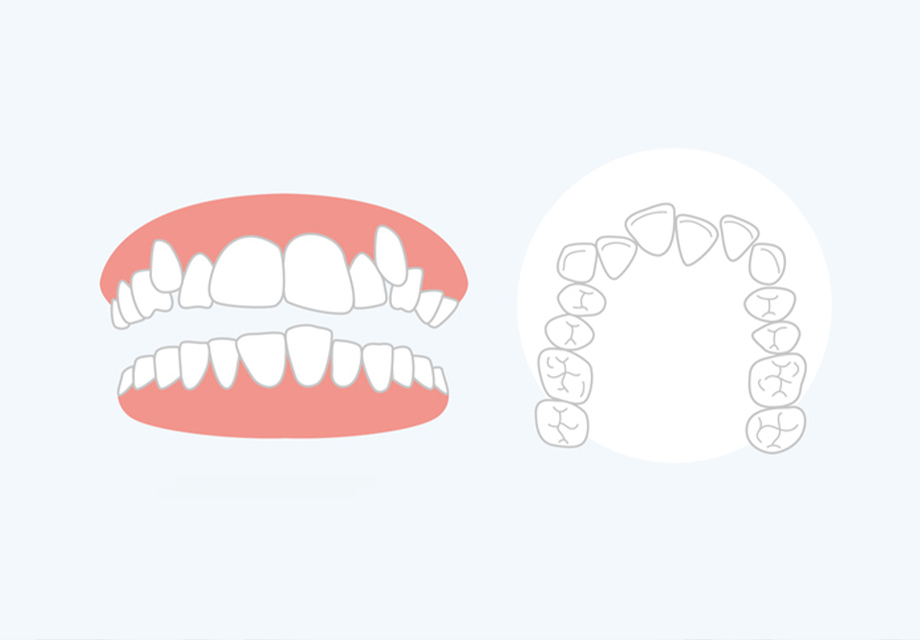
Pregnancy is a beautiful and transformative journey. It’s considered a significant milestone for every expectant mother. While it’s an exciting time, it can also feel like an emotional rollercoaster filled with physical exhaustion and constant change.
During these months, the focus naturally shifts to prenatal health, and oral health often gets overlooked. But here’s what many don’t realize: the hormonal changes that come with pregnancy can have a real impact on your teeth and gums, making it even more important to stay on top of your dental care. (1)
So what does this mean if you're currently undergoing aligner treatment or considering starting one?
This blog post breaks down everything expectant mothers need to know about clear aligners during pregnancy from safety and comfort to how this phase can affect your oral health and aligner experience.
Are Clear Aligners Safe During Pregnancy?
Yes. Eon Aligner is made from BPA-free, medical-grade materials. However, it’s best to inform your doctor if you are pregnant or planning to get pregnant, as it may influence treatment planning and tracking.
How Pregnancy Affects your Teeth and Gums
During pregnancy, your body experiences increased levels of progesterone and estrogen. These hormonal shifts can:
- Increase gum sensitivity or inflammation (Pregnancy gingivitis) (3)
- Cause gum bleeding or swelling (4)
- Lead to temporary tooth mobility (teeth may feel slightly looser) (5)
- Increased risk of plaque buildup and cavities (6)
These oral changes are important to monitor closely. If any of these conditions are present, they may be considered contraindications for aligner treatment. In such cases, it is advised to postpone treatment and your dental provider confirms it’s safe to proceed.
Due to the aligners fit around your teeth, any inflammation or sensitivity in the gums may make them feel slightly more uncomfortable than usual.
Can Aligners Still Be Effective During Pregnancy?
Yes, aligners remain effective throughout pregnancy, however, there are a few things to keep in mind:
- Hormonal changes can affect the rate of tooth movements, therefore, it’s important to inform your doctor to adjust the treatment plan accordingly. (7)
- Regular check-ins are crucial to monitor progress and address any concerns.
- Prioritize oral hygiene because pregnant women are more prone to dental issues. Therefore, daily brushing, flossing and aligner cleaning are more important than ever. (8)
Tips for Managing Aligners While Pregnant
- Stay Hydrated: Both pregnancy and aligners can contribute to a dry mouth so it’s important to drink plenty of water. (9)
- Combat Nausea: If you’re dealing with morning sickness and vomiting, wait at least 30 minutes before brushing and inserting your aligners to protect your enamel. (10)
- Keep them clean: Rinse your aligners regularly and clean them using soap and water
- Address discomfort early: If your gums feel inflamed or your aligners start to feel tight or loose, contact your doctor immediately for a check-in
Should you Start Aligner Treatment During Pregnancy?
If you’re in early pregnancy or still planning, it’s generally safe to begin aligner treatment but timing is important. Starting during the second trimester (weeks 13 - 26) is often ideal, as you’re likely past the nausea phase and still comfortable to attend regular visits if needed. (11)
However, if your pregnancy is high-risk or if you’re dealing with severe symptoms, it might be better to wait. Always check-in with your OB-GYN before starting.
Conclusion
Wearing aligners during pregnancy is safe and can be part of a proactive approach to maintaining your overall oral health. With effective communication between you and your doctor and your OB-GYN and a little extra care, you can keep your smile on track during this exciting stage of your life.
FAQS
.svg)

References
.svg)





.svg)